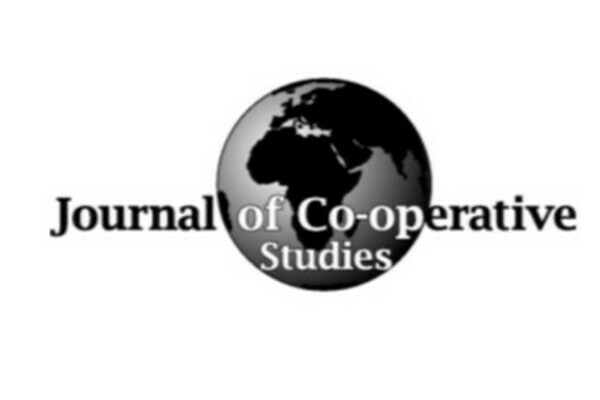Journal of Co-operative Studies, 34(1) - No. 101
Editorial - James Bell, pp. 5-6
Statement from the chairs of the Plunket Foundation and the Society for Co-operative Studies
Rita Rhodes and David Button, p. 7
Supporting rural co-operation: The role of the Plunkett Foundation
Edgar Parnell, pp. 8-24
Short articles
Malcolm Corbett, pp. 25-35
What is an industrial and provident society?
Ian Snaith, pp. 37-43
Employees as stakeholders with co-operatives
Roger Jones, pp.43-49
Co-operative opportunities and co-operative advantages
Cliff Mills, pp. 50-56
Peer reviewed papers
Antti Miettinen, pp. 57-73










